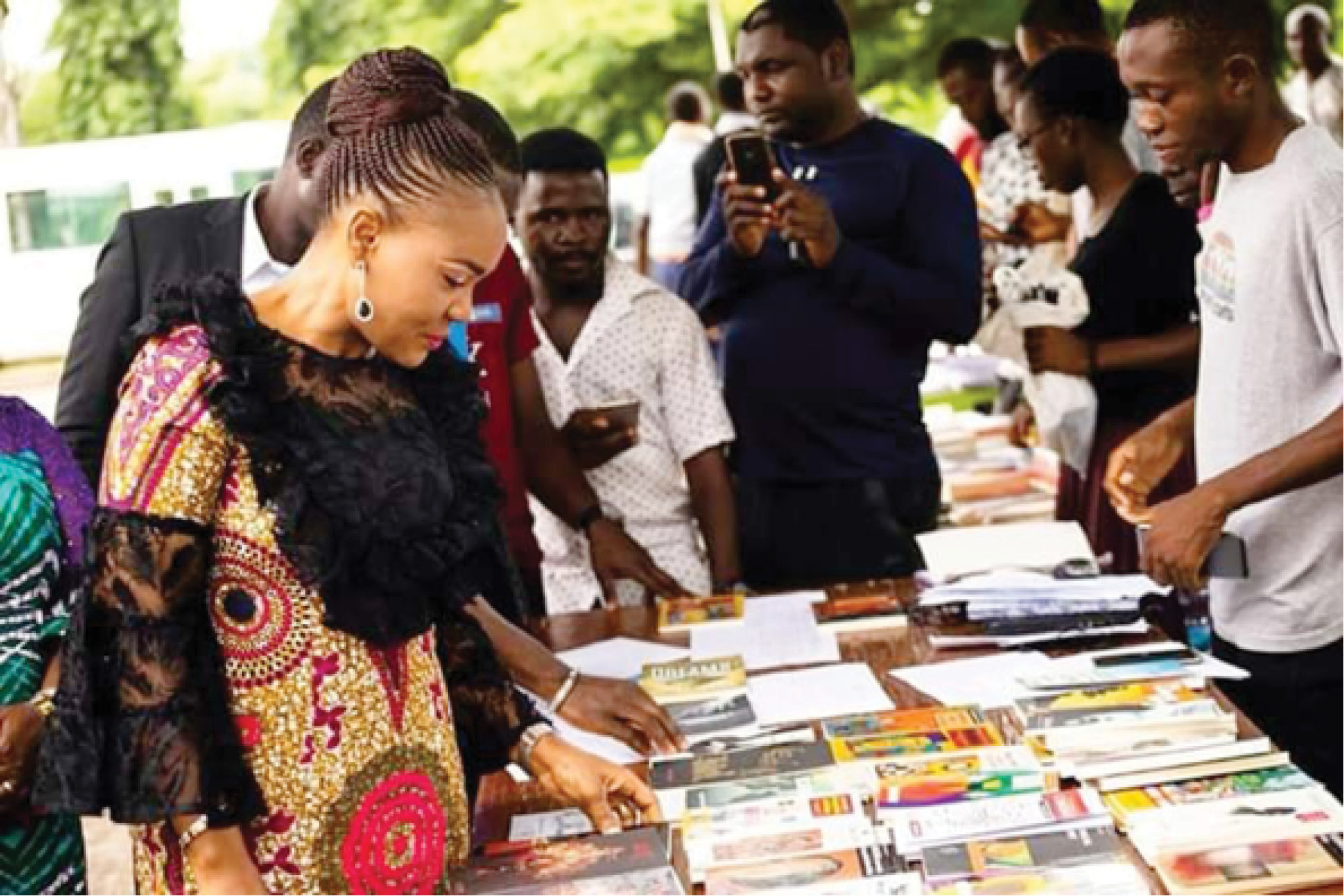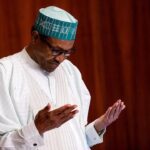This was Benue Book and Arts Festival’s first outing in Makurdi, and the experience suggests it’s certainly one to remember, and repeat.
Last weekend would remain an unforgettable moment for participants at the Benue Book and Arts Festival. The festival which held in Makurdi, the Benue State capital, featured arts exhibition, book discussions, theatre performances, poetry presentations, drama, competitions, book sales, and many more.
The event was organised by Savhage Literary Development Initiative and Savhage Publishers and Partners, with support from African Writers of University of Susex, Eunice Spring of Life Foundation, Women’s Right to Education, Gender and Environmental Risk Reduction Initiative, Adinya Arise Foundation, Arojah Concept, WRR and Praxis Magazine.
Founder of the Savhage Initiative and Festival Director, Su’eddie Vershima Agema, said the main aim of the festival was to present Benue State as it is and to change certain negative narratives associated with people of the state.
Agema said there had been lots of misconception and misrepresentation about the state and its people, one of which was the high prevalence rate of HIV/AIDS. He stressed that, “people can only know our story when we write them and tell them.”
At the JS Tarka Foundation in Makurdi, venue of the event, award-winning Nigerian writers, publishers, students and artists were part of the three-day gathering, themed ‘Changing Narratives.’
Agema added that the festival was also meant to promote literacy and literary works development, even as literature and arts takes the centre stage as a weapon of change.
He said, “the three-day programme, which has brought together a community of writers and readers is aimed at reawakening the consciousness of writers and artists to change the narrative through the different facets of literature and arts and reawaken reading culture, as literary works enrich the mind and better equip an individual to make informed choices and decisions to live better lives.”
In the course of the festival, Chuma Nwokolo (Esq.), a renowned literary icon, writer and poet and Prof. Moses Tsenongu presented papers entitled: ‘The Bleeding Niger’ and ‘Changing the Narratives’ respectively, while Prof. Dul Johnson led a discussion on his work: ‘Why Women Will Not Make it to Heaven.’
The papers all x-rayed the ills in the society that require an intervention through literary works. Beyond that, the festival provided a veritable ground for young writers to test their skills, and students to learn from leading writers in the country.
Also, several art performances, including stage drama, spoken word poetry, all highlighted societal and daily life problems, as well as suggestions on ways to bring about a change in attitude.
Other highlights were presentations of new books, including Agema’s ‘Once Upon a Village Tale’ and Flight Lieutenant Alexander Emmanuel Ochogwu’s ‘Scarlet.’
Some of the festival attendees spoke on their experiences and expectations. To Nwokolo, the festival served as a platform for exposition on an ongoing discourse across the nation. He seized the opportunity to promote the Bribecode, which, according to him, would proffer solution to the injustice in Nigeria and eradicate corruption. He urged Nigerians to sign the petition that will ultimately be presented to the National Assembly.
Nwokolo, in his keynote address ‘The Bleeding of the Niger; Justice, the Bribecode and the War Next Time’, explained that Nigeria was created when it was illegal to own slaves but legal to own countries. He posited that the Bribecode will free Nigeria from the bondage of “slave supervisors,” which refers to the Nigerian leaders. The Bribecode is meant to change the penalty for severe offence to include forfeiture of assets and liquidation in the case of companies. The second stage, he said is to monetise information, and the third is ‘universal prosecution’, which allows Attorney Generals of all states in the country the power to prosecute corruption cases.
For some attendees, such as Iorliam Shija, a historian, the Benue Book and Arts Festival was timely. “For us in Benue, we are a people who have been misunderstood. Our literature, culture and way of life has greatly been misunderstood and misrepresented. So, the book festival, which is a gathering of writers, is the best platform to attempt to present the reality of the Benue situation.”
Another participant, Doris Mnguzamber Yuwa, pointed out that the festival provided an opportunity for those who came in from other states to learn about Benue first-hand and appreciate its story. “It was amazing seeing young people indicate interest in books and art works. Indeed, the festival betrayed the notion that young people are no longer interested in reading,” she said, adding that during the launch of ‘Scarlet’, many people were interested when Dung Basam offered to pay fifty percent of the price.
Basam, who was visibly excited by the artworks exhibited by young Nigerians at the festival, said “If you don’t write your story, somebody else will write it and change it for you. So, I encourage the young people here to write stories. Write about your people, write about your parents. That way, people will read and know.”
Similarly, a former acting Director General of Standard Organisation of Nigeria (SON) and the Labour Party’s 2019 Benue State governorship candidate, Dr. Paul Angya, praised the event as he described books as powerful tools to change narratives in a society and the world at large.
“There were times when there were no films. It was books that opened the world to us. We could imagine the streets of London when we had not been there. Books are powerful, it can be used for education because it has the power to control the mind,” Angya emphasised.
Meanwhile, the Wife of Benue State Governor, Dr. Eunice Ortom, who was present at the occasion, received a Literary Excellence Award for her contribution to literacy development in the state. Other writers at the event also bagged various awards for their contributions to the literary world.
In her speech, Mrs Ortom said the award will spur her to continue to do more for the girl-child and promote reading culture amongst children and youth, as well as contribute to making education more accessible to Benue people.
She noted that her involvement in the festival was as a result of its significance to the state, adding that there was so much beauty in the land to talk about and showcase to the world.
Mrs Ortom further observed that Makurdi was fast becoming one of the literary cities in Nigeria, owing largely to the efforts of the Association of Nigeria Authors (ANA) in the state, adding that, “we do not have enough writers and shall never have enough” due to what she described as “the proliferation of issues and problems that each society seeks answers to.”

 Join Daily Trust WhatsApp Community For Quick Access To News and Happenings Around You.
Join Daily Trust WhatsApp Community For Quick Access To News and Happenings Around You.


